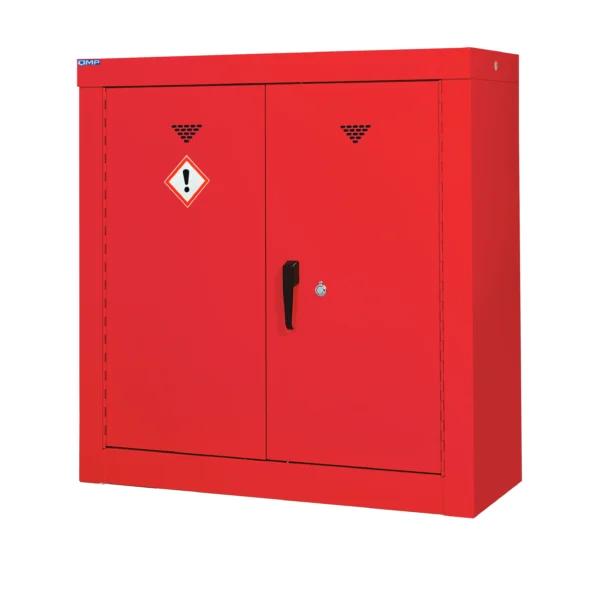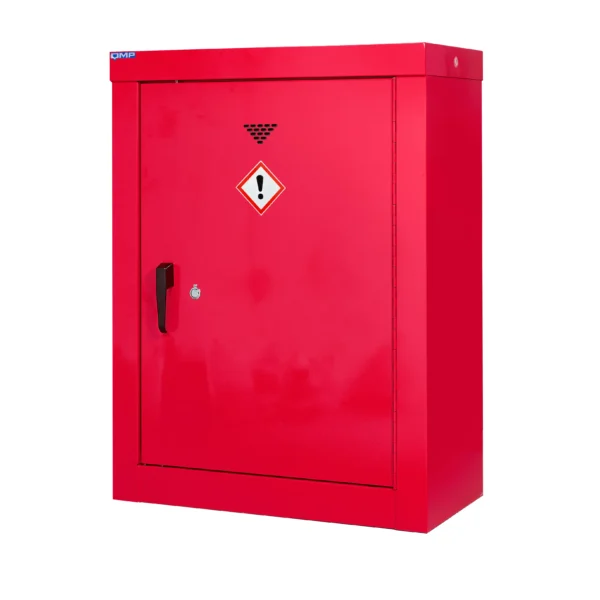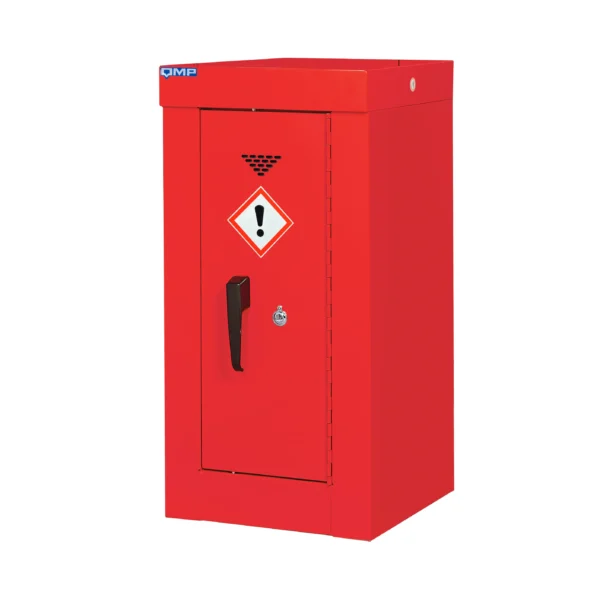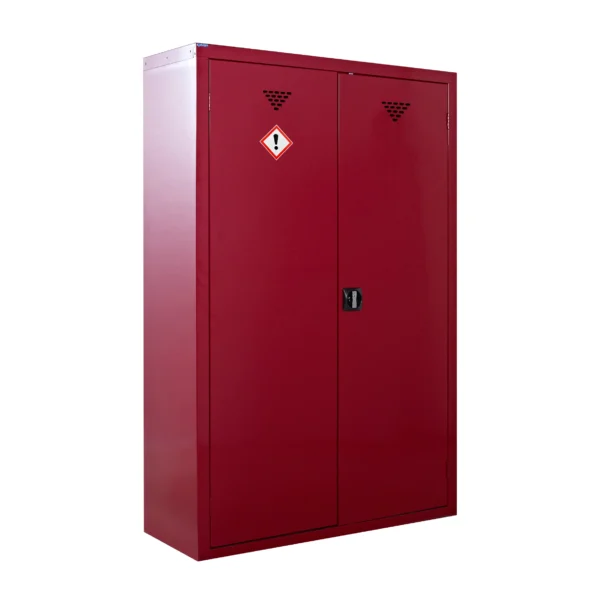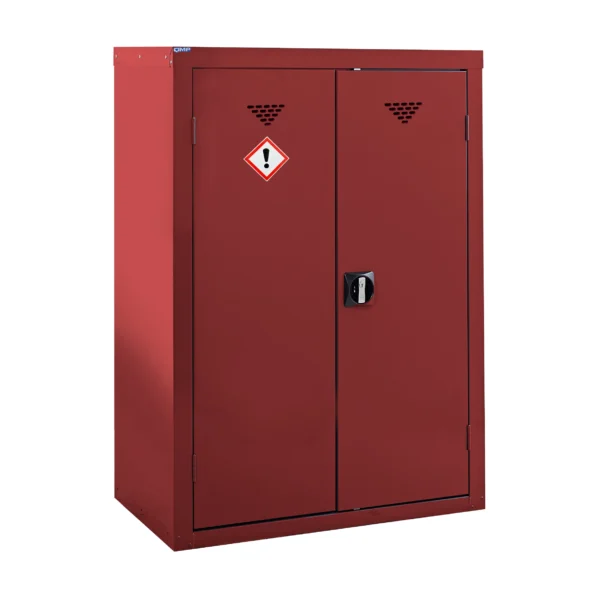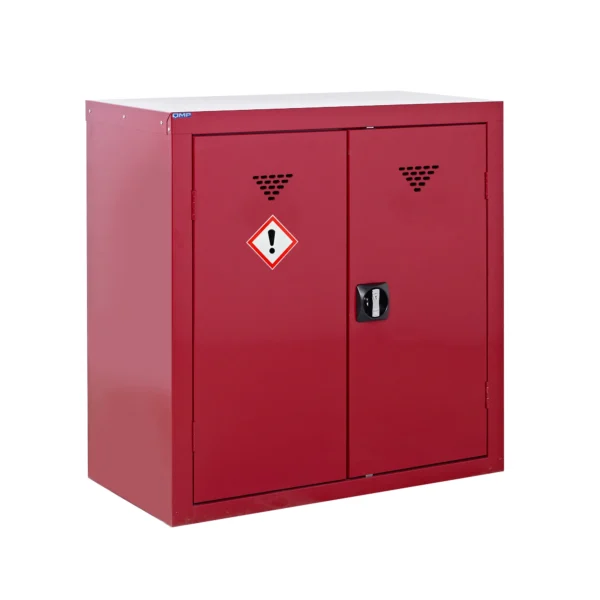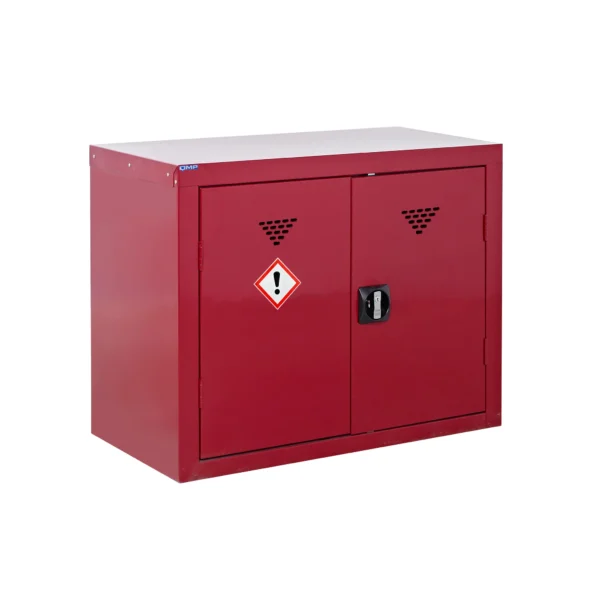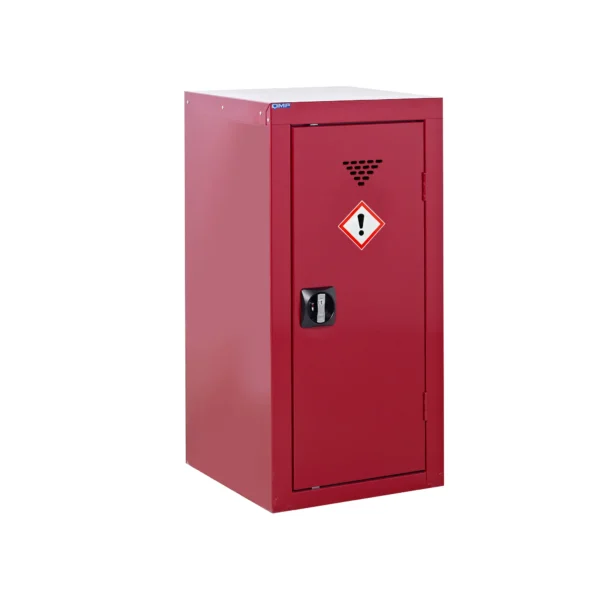Pesticide and insecticide storage involves the careful management and containment of chemicals designed to control pests and insects in agricultural, commercial, and residential settings. These substances are potent and often toxic, requiring strict adherence to safety protocols to prevent harm to humans, animals, and the environment. Proper storage of pesticides and insecticides begins with using designated storage areas that are secure, well-ventilated, and equipped with appropriate containment measures to prevent leaks and spills.
In the UK, the storage and handling of pesticides and insecticides are regulated under specific guidelines to ensure safety and minimise risks. These regulations outline requirements for storage facilities, including the use of locked cabinets or secure storage units to prevent unauthorised access and potential misuse. Labels on pesticide containers must be clear and intact, providing essential information on the contents, handling instructions, and emergency procedures in case of accidental exposure or spillage.
Employee training is essential for the safe management of pesticide and insecticide storage. Workers handling these chemicals must receive comprehensive training on their potential hazards, correct storage procedures, and the use of personal protective equipment (PPE) such as gloves, goggles, and respirators. Emergency response plans should be in place, including procedures for spills or leaks, and employees should be familiar with evacuation routes and the location of emergency equipment such as eyewash stations and spill containment kits. By following stringent regulations and investing in thorough training and safety measures, organisations can effectively manage pesticide and insecticide storage, reducing risks and ensuring the safety of both personnel and the environment.







